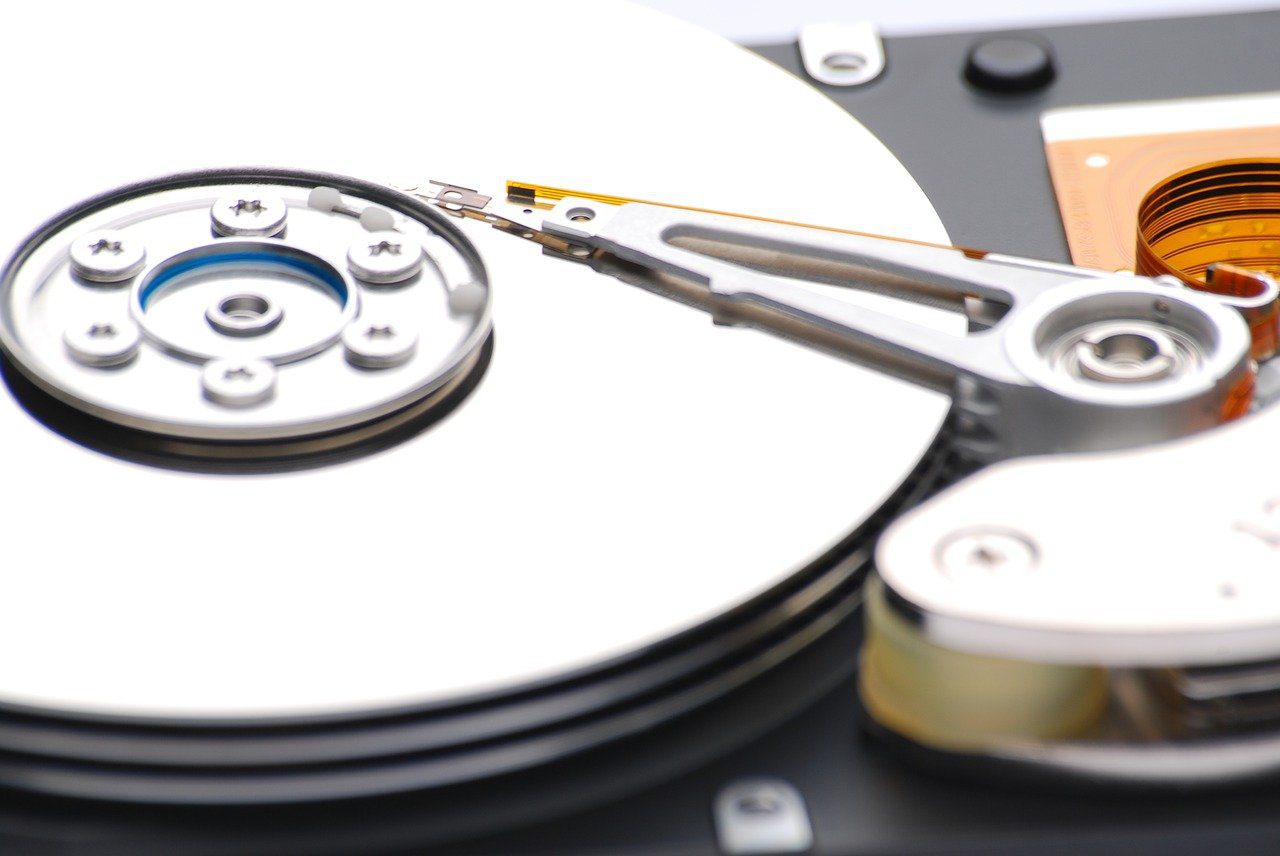What would you do if your data was gone, without any kind of warning? How would that impact your life or work? Catastrophes happen in life, often unexpected and uncontrollable. The loss of personal or business data could definitely be considered a catastrophe for most people.
Natural Disasters
The recent tornados that swept through our area serve as a stark reminder of the unpredictable and devastating power of nature. In the aftermath of these violent storms, communities are left grappling with the immense destruction wrought upon their homes and infrastructure. Buildings are torn apart, trees uprooted, and streets littered with debris. Amidst this chaos, the fate of electronic devices becomes a matter of concern.
As the fierce winds and torrential rains batter buildings, water seeps into every crevice, inundating rooms and flooding basements. Computers, laptops, tablets, and smartphones, once essential tools of communication and productivity, now lie submerged in murky water or buried beneath rubble. The delicate circuitry that powers these devices is no match for the destructive forces of nature, leaving them rendered useless.
For those who rely on these devices to store critical data—whether it be personal memories, business records, or vital information—the prospect of loss looms large. Photos capturing cherished moments, documents detailing important transactions, and contacts essential for communication—all may be irretrievably lost in the chaos of the storm. Despite efforts to salvage what remains, the likelihood of recovering data from waterlogged or destroyed devices is slim at best.
Ransomware
Have you ever heard of Ransomware? Malwarebytes, a leader in the malware protection marketplace, defines ransomware as a type of malware that prevents users from accessing their system or personal files and demands ransom payment in order to regain access to them. Ransomware is often transmitted through unsolicited emails with infected attachments or embedded hyperlinks to malicious websites.
The worst of its kind will attack your files and encrypt them, demanding payment to decrypt and return your files. But even if you did pay the ransom, there is no guarantee the criminals will give back the decrypted files. If you were attacked by ransomware, would your data be safe?
Fire
What about a fire? What would happen to your data if your house or place of business suddenly caught fire and burned to the ground? Would your data be safe from a fire?
These are all examples of catastrophes that happen to people every single day in America. Is your data safe if everything goes wrong? Would you be ready? The only way to prepare is to have backups. And the best and most efficient way to ensure your data is safe is by backing up in the cloud. Cloud backup is where your data is transferred over the internet to a server located at a data center somewhere off-site.
Redundancy is often built in to Cloud backups by creating multiple copies of the backed up data at different locations. This helps to ensure the protection of the data in the event of a problem or failure at the primary data center. The cost of cloud backup services is normally calculated based on the size and amount of data being stored offsite.
If you don’t back up your data in the cloud, maybe you should be. What would happen if everything went wrong? Contact SandStorm IT at 901-475-0275 for all your cloud backup needs.

